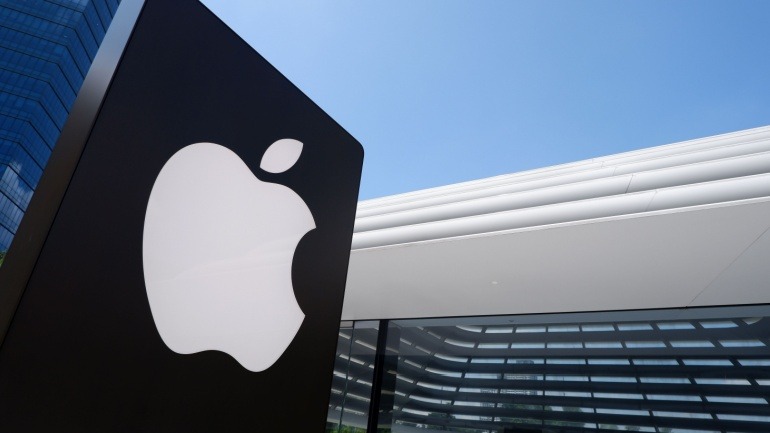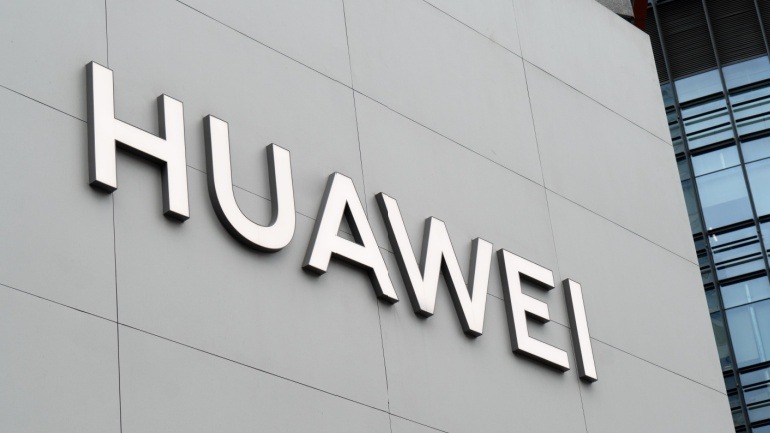Global smartphone shipments in early 2025 remained nearly flat at 296.9M units. Samsung and Apple led the market, while growth in regions like India and Latin America slowed. The U.S. saw strong gains, but rising trade tensions and tariffs may impact future pricing and production strategies.
India’s telecom operators must report all Chinese-made equipment still active in their networks, as part of a security review targeting firms like Huawei and ZTE. The move aims to limit future reliance on untrusted vendors while allowing existing systems to operate under strict oversight amid rising geopolitical and trade tensions with China.
Shanghai has become China’s first mega-city to achieve comprehensive 5G coverage throughout its entire metro system. This milestone spans all 21 metro lines, significantly enhancing Shanghai’s transportation network with real-time operations, predictive maintenance, and smart urban transit.
Beijing’s ambitious plan for integrating 5G technology into daily life by 2027 promises revolutionary changes in sectors such as healthcare and education. The city aims for 100% 5G user penetration, with 75% of network traffic utilizing 5G.
In response to a significant tariff hike, Apple has flown five cargo planes of products from India to the U.S. to avoid steep new taxes. This costly decision reflects the urgency U.S. companies face amid trade tensions. As tariffs rise, consumers worry about price hikes, while tech firms like are grappling with increased costs.
Microsoft has canceled several planned data center projects across the U.S. and Europe, totaling around 2 GW of capacity. Analysts suggest this signals an oversupply or strategic cost-cutting amid AI investment concerns. While Microsoft remains committed to AI, the move raises questions about market stability.
Huawei is embroiled in a bribery scandal linked to the European Parliament, with Belgian authorities leading an investigation that has resulted in multiple arrests across Europe. The probe alleges Huawei used luxury gifts and payments to influence EU politics.
Nine European nations have formed the “Semicon Coalition” to strengthen the continent’s semiconductor industry. The initiative, launched in Brussels, focuses on research, development, and production, aiming for self-sufficiency amid rising global investments.
ZTE Corporation, a key player in the technology sector, reported remarkable financial performance for 2024, achieving CNY 121.30 billion in annual revenue. Despite a challenging global landscape, innovations in 5G-Advanced, AI, and all-optical networks propelled their success.
Japan’s SoftBank and OpenAI are negotiating a major deal that could position SoftBank as the largest shareholder of the ChatGPT creator, surpassing Microsoft’s current stake. With a potential $15-25 billion investment, SoftBank aims to strengthen its foothold in the AI market.












